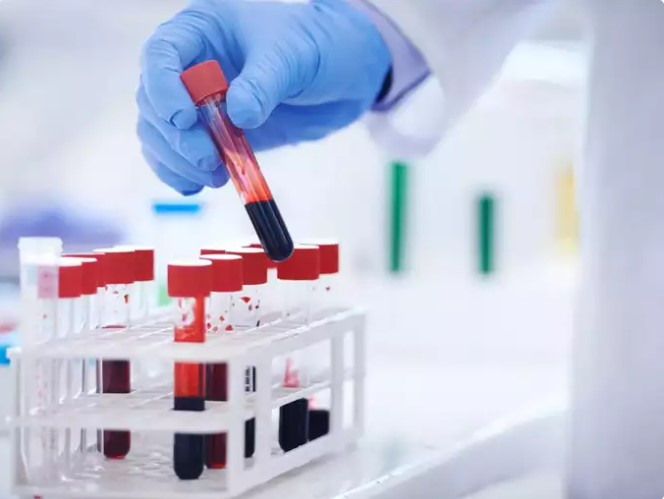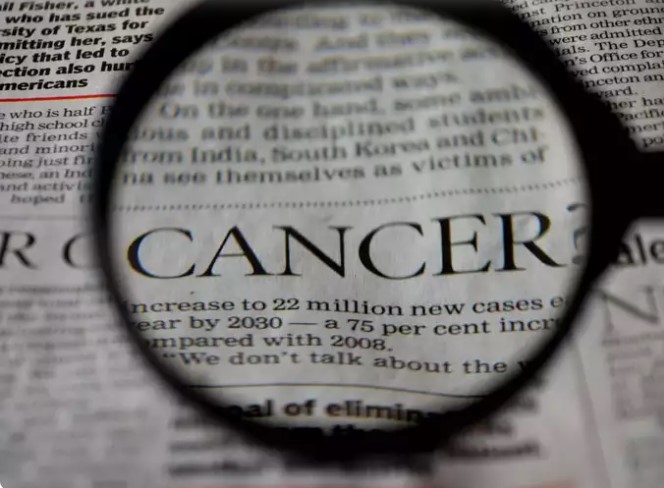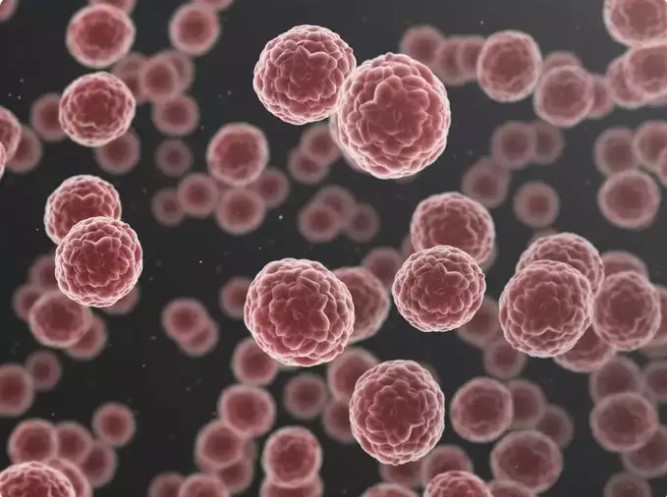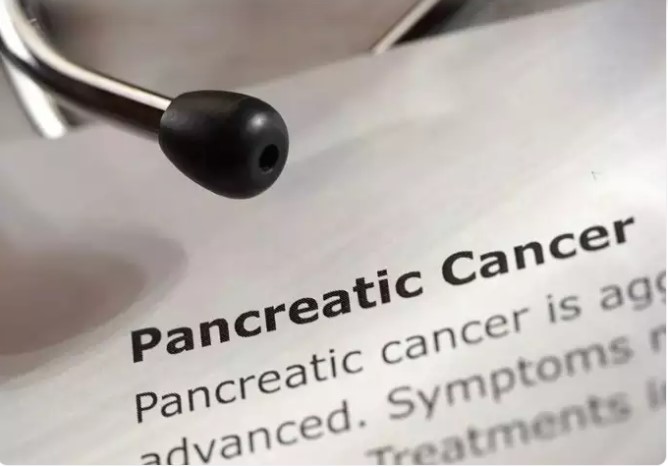Do blood types affect your chances of cancer?
Cancer is one of the leading causes of death worldwide. According to the World Health Organization (WHO), it accounts for nearly 10 million deaths in 2020, or nearly one in six deaths.
Some of the most common types of cancers are breast, lung, colon and rectum and prostate cancers.
In general, cancer is a disease in which some of the body's cells grow abnormally and spread to other parts of the body. It drives the growth of tumors, some of which are curable, while others life threatening.
There are several modifiable and non-modifiable risk factors of cancer. Lifestyle habits tobacco use, alcohol consumption, unhealthy diet, physical inactivity and air pollution are modifiable risk factors for cancer, whereas factors like age, sex, race and ethnicity, family history, and genetics are non-modifiable. Another factor that could determine your risk of cancer includes blood types. Early research found a link between a certain blood type and the risk of developing pancreatic cancer.
Understanding different blood types

There are many blood groups i.e. types of blood. However, the four main blood types include A, B, AB and O, says UK's National Health Services (NHS).
"Your blood group is determined by the genes you inherit from your parents. Each group can be either RhD positive or RhD negative, which means in total there are 8 blood groups," the health body adds.
Blood Cancer Society Nepal conducts charity event for blood can...

The link between blood type and cancer

Several studies have linked certain blood types to an increased risk of cancer.
A 2017 research published in the journal PLOS One showed that blood type B was associated with statistically significant reduced risk of all cancers as compared to blood type A.
Another study found that type B blood was also associated with a significantly lower risk of stomach and bladder cancer too.
But in one of the early research studies, those with blood type B had a 72 percent higher chance of contracting pancreatic cancer. Read on to know the details.
About the study

The findings published in the Journal of the National Cancer Institute, highlighted that people with blood types A, B or AB were more likely to develop pancreatic cancer than individuals with type O.
According to the study, as opposed to people with type O blood, people with type A have a 32 percent higher chance of incurring pancreatic cancer, while those with type AB-type and type B had a 51 percent and a 72 percent higher chance, respectively.
Through the study, it was found that 17 percent of pancreatic cancer cases were attributed to inheriting a non-O blood group.
However, the scientist clarified that the findings do not suggest a direct link between non-O blood groups and the development of pancreatic cancer.
All you need to know about pancreatic cancer

Pancreatic cancer occurs when abnormal cells start to grow uncontrollably inside the pancreas, which is the organ responsible for producing digestive fluids. It can also affect the area in the pancreas that regulates blood sugar levels.
According to Mayo Clinic, some of the signs and symptoms of pancreatic cancer may include:
- Abdominal pain that radiates to your back
- Loss of appetite or unintended weight loss
- Yellowing of your skin and the whites of your eyes (jaundice)
- Light-colored stools
- Dark-colored urine
- Itchy skin
- New diagnosis of diabetes or existing diabetes that's becoming more difficult to control
- Blood clots
- Fatigue








































